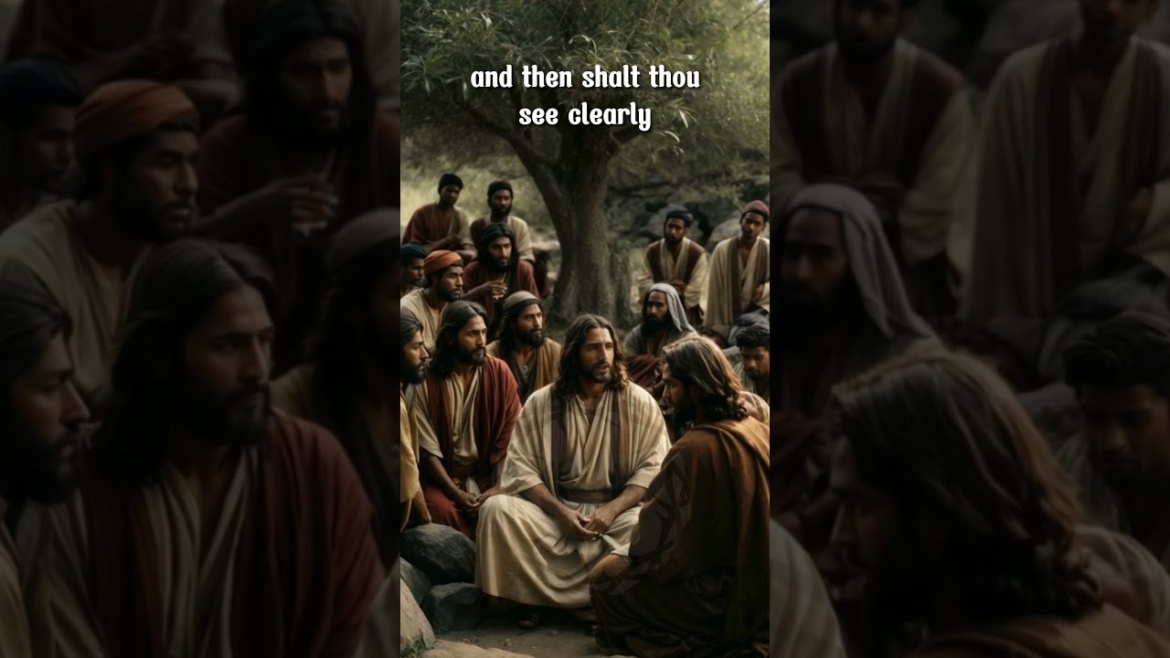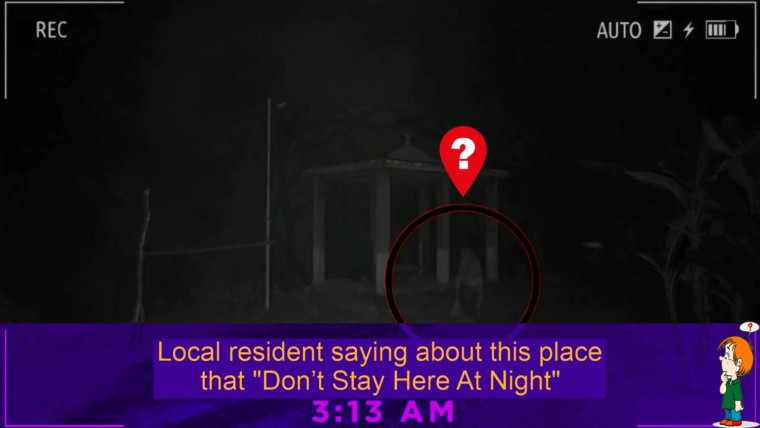The Significance of “Judge not, that ye be not judged. For with what judgment ye judge, ye shall be judged: and with what measure ye mete, it shall be measured to you again. And why beholdest thou the mote that is in thy brother’s eye, but considerest not the beam that is in thine own eye? Or how wilt thou say to thy brother, Let me pull out the mote out of thine eye; and, behold, a beam is in thine own eye? Thou hypocrite, first cast out the beam out of thine own eye; and then shalt thou see clearly to cast out the mote out of thy brother’s eye. Give not that which is holy unto the dogs, neither cast ye your pearls before swine, lest they trample them under their feet, and turn again and rend you.”
The phrase “Judge not, that ye be not judged. For with what judgment ye judge, ye shall be judged: and with what measure ye mete, it shall be measured to you again. And why beholdest thou the mote that is in thy brother’s eye, but considerest not the beam that is in thine own eye? Or how wilt thou say to thy brother, Let me pull out the mote out of thine eye; and, behold, a beam is in thine own eye? Thou hypocrite, first cast out the beam out of thine own eye; and then shalt thou see clearly to cast out the mote out of thy brother’s eye. Give not that which is holy unto the dogs, neither cast ye your pearls before swine, lest they trample them under their feet, and turn again and rend you.” is a powerful christian law used by Jesus in Matthew 7:1-6 from the Sermon on the Mount. It is part of a broader teaching by Jesus about judgment and is a meaningful reminder to focus on improving ourselves before judging others, as well as choosing the object of judgment. It’s often interpreted within a religious context, and its meaning remains clear but cannot be applied more broadly to personal growth and ethical living.
Context of the Phrase
The law appears within Jesus’ Sermon on the Mount, a collection of teachings focusing on right living and morality for spreading God’s message. It’s preceded by he is speaking to a crowd about priorities and faith, advising them not to worry for the morrow and to focus instead on seeking the kingdom of God and his righteousness. Jesus now focuses on the dangers of harsh judgment, self-righteousness and judging others harshly. He also warns them against the dangers of wrongly choosing the object of judgment.
Significance of the Phrase
The law emphasizes the value of improving ourselves than judging others. We should be aware of our own shortcomings before criticizing others. There are times when offering guidance is righteous, but we should choose our moments delicately, as well as choosing our object suitably.
Here are some key points:
Reflection: It encourages our own introspection before criticizing others. We should address our own shortcomings before trying to fix others.
Humility: It emphasizes the importance of humility. We all have flaws and imperfect, so judging others harshly makes us hypocrites.
Compassion: It promotes a more compassionate approach to interacting with others. Understanding our own failings fosters empathy.
Karma: It shows the idea of “measure for measure” affirms our actions have consequences. Harsh judgment may be returned to us.
Application of the Phrase
The law is a call for compassion and self-awareness. It reminds us to focus on our own actions and offer help when appropriate, but to avoid being overly critical or judgmental. We can practice empathy and understanding before jumping to conclusions about others. We can focus on our own growth and avoid getting caught up in comparing ourselves to others. We can choose our words carefully and offer constructive criticism only when it’s likely to be well-received.
Here are some key points:
Personal Growth: We can use this teaching to identify areas for self-improvement and approach others with understanding.
Suitable Object: We can discern in sharing valuable things with those who may not appreciate them, as not all criticism is negative.
Constructive Criticism: We can avoid gossip and negativity by focusing on our own behavior and offering constructive criticism when necessary.
Not Condemn: We can consider our own motivations and potential biases before criticizing someone, and when addressing another’s behavior, lead with a desire to help, not condemn.
In summary, the law is not a call for complete passivity. There are times for offering guidance, but it should be done with humility and after self-reflection. True growth comes from focusing on ourselves and approaching others with compassion. It is a call for self-awareness, compassion, and discernment in our interactions with others. It reminds us to focus on improving ourselves before judging others.
THE CHILD IS INTENDED INTO ONE SUB & NINE EXTREMES
« Samsara Extreme Of Heaven In Child Intended To Exist »
WHAT IS ✨ COLD CHILD SPACE? IT IS JUST CHILD EXTREME!
« Child Extreme’s Code & subExtreme’s Law »













